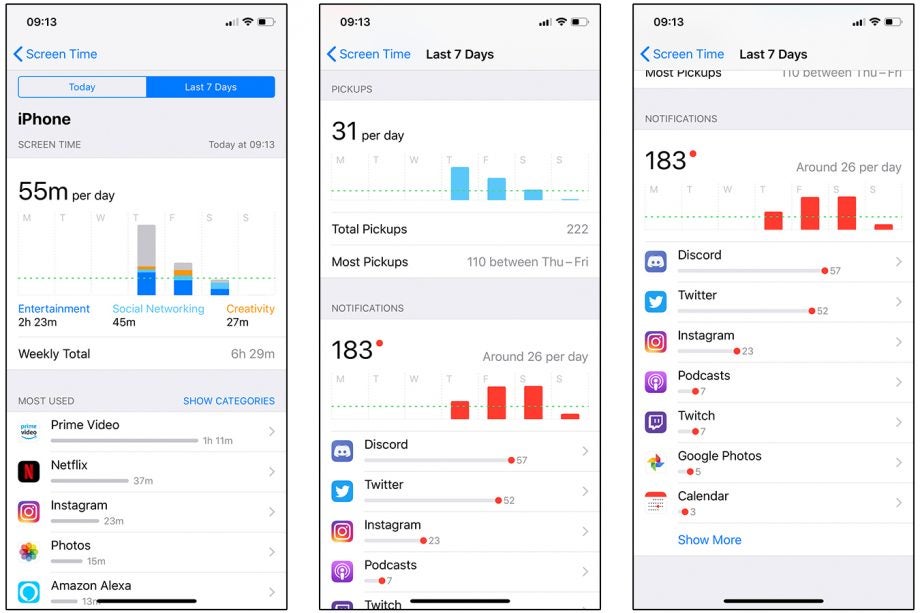Apple under fire for targeting rival screen-time apps

Last year, Apple introduced Screen Time as part of iOS 12. The tool was designed to help iPhone and iPad users control how much time they spent on apps, and on the device more generally. But Apple is now under fire for seemingly removing or restricting how long-standing rival apps operate in the space.
According to a report in the New York Times, 11 out of the 17 most downloaded screen time and parental-control apps have been hit. The report says that certain apps with paying customers have been forced to shut down entirely.
Related: Best iPhone
Amir Moussavian, chief executive of OurPact, the top-ranking parental-control app accused Apple of pulling his product without warning. “They are systematically killing the industry,” he complained.
Fred Stutzman, the chief executive of screen-time app Freedom was similarly sceptical of Apple’s motives. “Their incentives aren’t really aligned for helping people solve their problem,” he said. “Can you really trust that Apple wants people to spend less time on their phones?”
Apple has a different take on why it’s suddenly taken on all of these apps: security and privacy-related reasons.
“We recently removed several parental control apps from the App Store, and we did it for a simple reason: they put users’ privacy and security at risk,” the company wrote in a post on its website.
“Over the last year, we became aware that several of these parental control apps were using a highly invasive technology called Mobile Device Management, or MDM. MDM gives a third party control and access over a device and its most sensitive information including user location, app use, email accounts, camera permissions, and browsing history.”
In direct response to the NYT piece, Apple’s Tammy Levine stated: “We treat all apps the same, including those that compete with our own services. Our incentive is to have a vibrant app ecosystem that provides consumers access to as many quality apps as possible.”
Have rival screen-time apps been treated unfairly by Apple? Let us know what you think on Twitter: @TrustedReviews.


